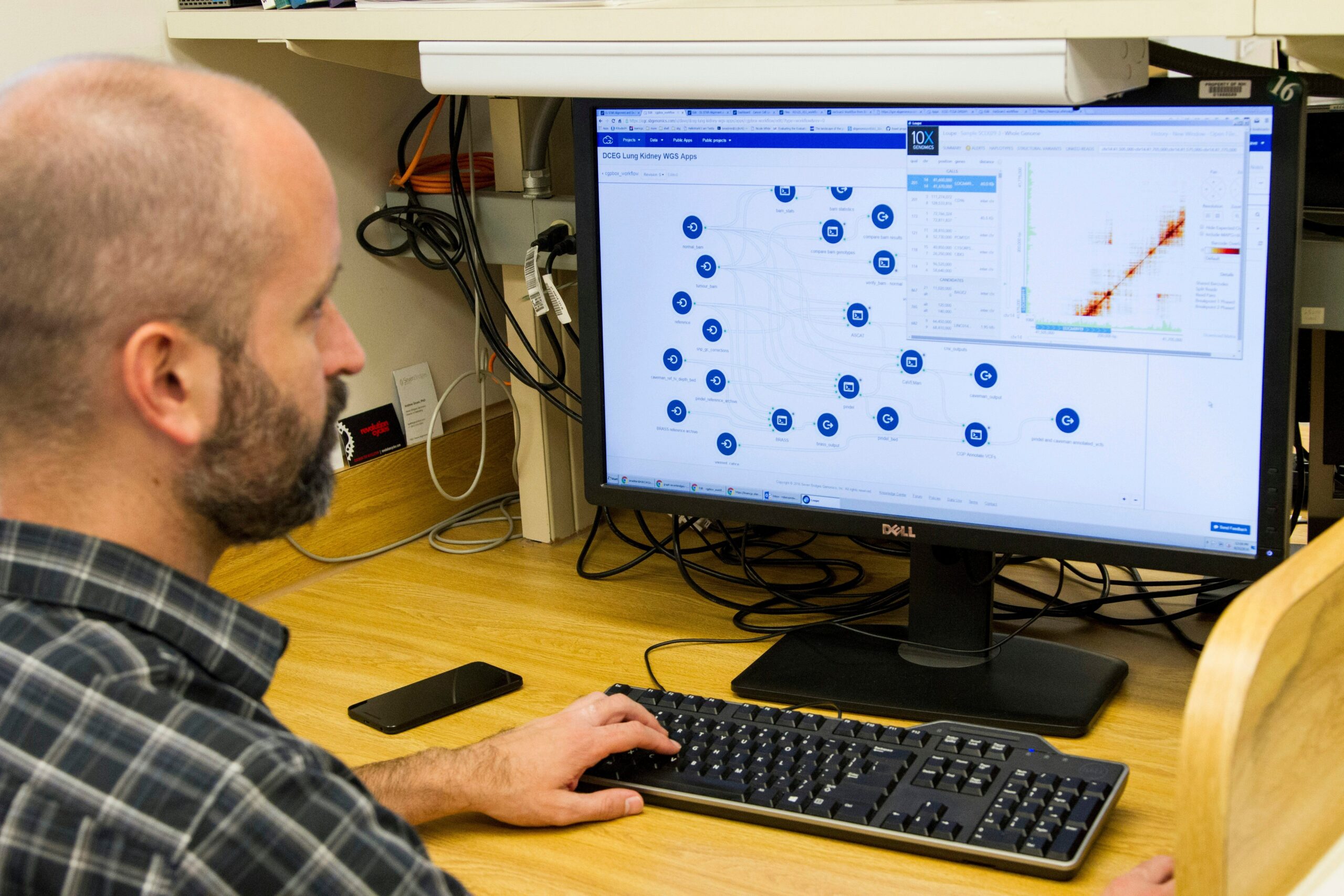
Researchers from Monash University and Alfred Health’s Melbourne Sexual Health Centre are calling for an expanded use of rapid tests to combat syphilis, particularly among pregnant women and other high-risk groups. This recommendation follows an economic analysis demonstrating that rapid diagnostic tests (RDTs) are not only cost-effective but also crucial for improving health outcomes.
The study, published in The Lancet Infectious Diseases, evaluated the economic and health impacts of three different rapid testing algorithms. It found that while traditional lab-based tests are more accurate, they often delay diagnosis and treatment, which can be critical in managing syphilis infections. In contrast, RDTs offer same-day results, enabling immediate treatment.
Rising Syphilis Cases Prompt Urgent Action
The call for increased rapid testing comes amid a surge in syphilis cases both globally and domestically. In August, Chief Medical Officer Professor Michael Kidd declared syphilis a Communicable Disease Incident of National Significance in Australia. This was in response to a worrying rise in congenital syphilis, which has led to several newborn deaths and severe developmental impairments among survivors.
Ying Zhang, the study’s first author from Monash University, emphasized the importance of rapid testing in bridging the current knowledge gap.
“The first rapid test for syphilis alone was approved in 2020, so this work is filling a knowledge gap about what works best for different groups, and getting the balance right between overtreatment and missing cases, based on the epidemiology,”
she said.
Testing Algorithms and Their Implications
The researchers examined three rapid testing algorithms, focusing on their cost-effectiveness and accuracy. They found that for pregnant women, the simplest and least expensive test, known as T-RTD, was most effective. Although it cannot distinguish between old and new infections, the risk of missing an active case during pregnancy outweighs the potential for overtreatment.
Conversely, for men who have sex with men (MSM) in urban areas, a modified dual T/NT-RTD test proved more beneficial. This test is more precise and significantly reduces missed cases by over 90%. According to Zhang,
“Urban clinics tend to have better triage and follow-up care, so they can more easily mitigate the impact of overtreatment.”
Expert Opinions and Future Directions
Professor Jason Ong, Director of the Melbourne Sexual Health Centre and senior author of the study, highlighted the need for tailored testing approaches.
“In pregnancy, a simpler test that may treat a few extra people unnecessarily is better than missing an infection that could harm a baby. But for men at higher risk, using a test that’s more precise helps avoid unnecessary treatment while still finding most cases,”
he explained.
The research underscores the necessity of making these rapid tests widely available, particularly in antenatal care and communities with high infection rates. Professor Ong stressed the importance of accessibility, stating,
“Lab tests are the gold standard in syphilis testing, but time is critical, especially for pregnant women. And in settings where access to labs and healthcare is difficult, rapid tests should be the first-line option.”
The study’s findings are expected to inform public health strategies and policies aimed at curbing the spread of syphilis. As the world grapples with rising infection rates, the implementation of effective and timely testing could prove pivotal in reversing this trend.
For further details, the full research paper is accessible at: The Lancet Infectious Diseases.
Media Enquiries:
Toni Brient, Media and Communications Manager
Email: [email protected]
Phone: +61 423 964 191
General Media Enquiries:
Monash Media
Phone: +61 3 9903 4840
Email: [email protected]





